Accessing Services
If you are experiencing domestic violence or are afraid for someone in your life, we are here to help. Call our 24-hour Hotline anytime, 24 hours a day: 877-503-1850. Or message our Text Support Line: 415-200-3575.
Our shelter is accessible, confidential, and safe.
La Casa’s Drop-in Counseling Center is open for walk-ins or by appointment Monday through Friday from 8:30 am to 5:00 pm for all services:
Options Counseling | La Casa Resources | Community Referrals | Mail Pick-Up | Toiletry and Diaper Pick-up
All services are open and active:
Emergency Shelter | 24/7 Crisis Lines | Permanent Supportive Housing Services | Text Support Line
24/7/365
An unwavering source of support for survivors of domestic violence and the people who care about them, La Casa de las Madres is accessible 24 hours a day, 7 days a week, 365 days a year.
We can help you consider your options and make a plan to keep you and your loved ones safe and healthy.
We’re building a future in which safety is a right in every home and every relationship.
For advice, CALL US 24/7 At 877-503-1850 (Adults) or 877-923-0700 (Teens). Monday through Friday from 8:30 am to 5:00 pm, you can Access support by text at 415-200-3575 OR call our business office and drop in the counseling center at 415-503-0500.
We act to prevent domestic violence and provide support to abuse survivors of all ages.
La Casa de las Madres acts boldly to create a community where violence against women and children is not tolerated. We envision a society in which all individuals and families have equal access to basic resources and asset-building opportunities. We envision a future where safety and respect in intimate relationships are the norm.
To achieve this future, La Casa offers a continuum of comprehensive and empowering services to women, teens, and children exposed to and at risk of abuse. We provide access, tools and support—clinical and peer-based—that strengthen their ability to affect change and break the cycle of violence.
Your Support Directly Supports Survivors and their Families.
See What We’ve Done Together…Since January 2020.
Calls for Help Answered:
0
Survivors Served:
0
Community Members Reached:
0
While most people look forward to big sporting events for the love of the game, the energy, and the celebration, there is another side to these large-scale events that often goes unnoticed. For survivors of domestic violence and for individuals experiencing human trafficking, this time can be especially difficult.
According to American Addiction Centers:
In 2016, alcohol caused approximately 90,000 domestic violence deaths worldwide.
Alcohol or drug use is involved in 40-60% of domestic abuse situations.
More than half of individuals who abuse their elder parents (age 60 or older) are dependent on alcohol or drugs . . .
As the holiday season approaches, many of us look forward to warmth, family gatherings, and celebration. But for countless survivors of domestic violence, this time of year brings heightened fear and instability.
The reality is that domestic violence often escalates during the holidays.
In many Latino communities, the value placed on family is deep-rooted. Because of this, separating from a partner, even in an abusive situation, can feel like betrayal or failure. Family members often romanticize stories of men who relentlessly pursued women until they “made them theirs.”.
As we approach a new school year, we want to highlight this egregious type of abuse and its long-lasting effects on a survivor’s future. Academic Abuse manifests as a form of coercive control that both teens and adults are vulnerable to experiencing.
Self-care, often misconstrued as a luxury, takes on a profound significance for survivors of domestic violence. It becomes a transformative act of survival, resistance, and healing. In the face of chronic stress, trauma, and isolation, survivors often find little space for their own needs. However, self-care in this context becomes revolutionary, a means to reclaim control over one’s body, boundaries, time, and voice, instilling a sense of empowerment and hope.
Immigrant survivors, like anyone, may experience a variety of forms of intimate partner violence: such as physical, emotional, sexual, financial, spiritual, threats, and coercion. However, they also face unique and compounding risks. Language barriers, lack of culturally responsive services, and unfamiliarity with U.S. legal systems make it harder to seek help. Survivors may worry they won’t be believed because they don’t speak English fluently. They may fear that leaving an abusive partner will mean losing their children, their housing, or their chance at staying in the country. Many do not know their rights, and even in moments of extreme danger, feel they must choose between silence and exposure
Mental health challenges go far beyond routine stress, and this is particularly true for survivors of domestic violence (DV). Did you know that 20% of DV survivors develop mental health conditions as a result of their trauma? In this context, Mental Health Awareness Month offers an opportunity to understand how DV impacts mental health.
When we talk about helping domestic violence survivors, it’s easy to think first about shelters, police reports, or court systems. And while those are important, they’re only part of the bigger picture. At La Casa de las Madres, we operate under the Empowerment Model, which shifts the focus: it’s all about giving survivors the power to reclaim their lives—in their own way and on their own terms.
In 1976, a coalition of San Francisco women—many of whom had experienced domestic violence first hand—recognized the dire lack of resources available to survivors. At the time, emergency shelters for women fleeing abuse were virtually nonexistent, and the legal, medical, and political systems largely ignored the issue. Women who left abusive partners faced the terrifying reality of homelessness, financial insecurity, and, often, further violence.























